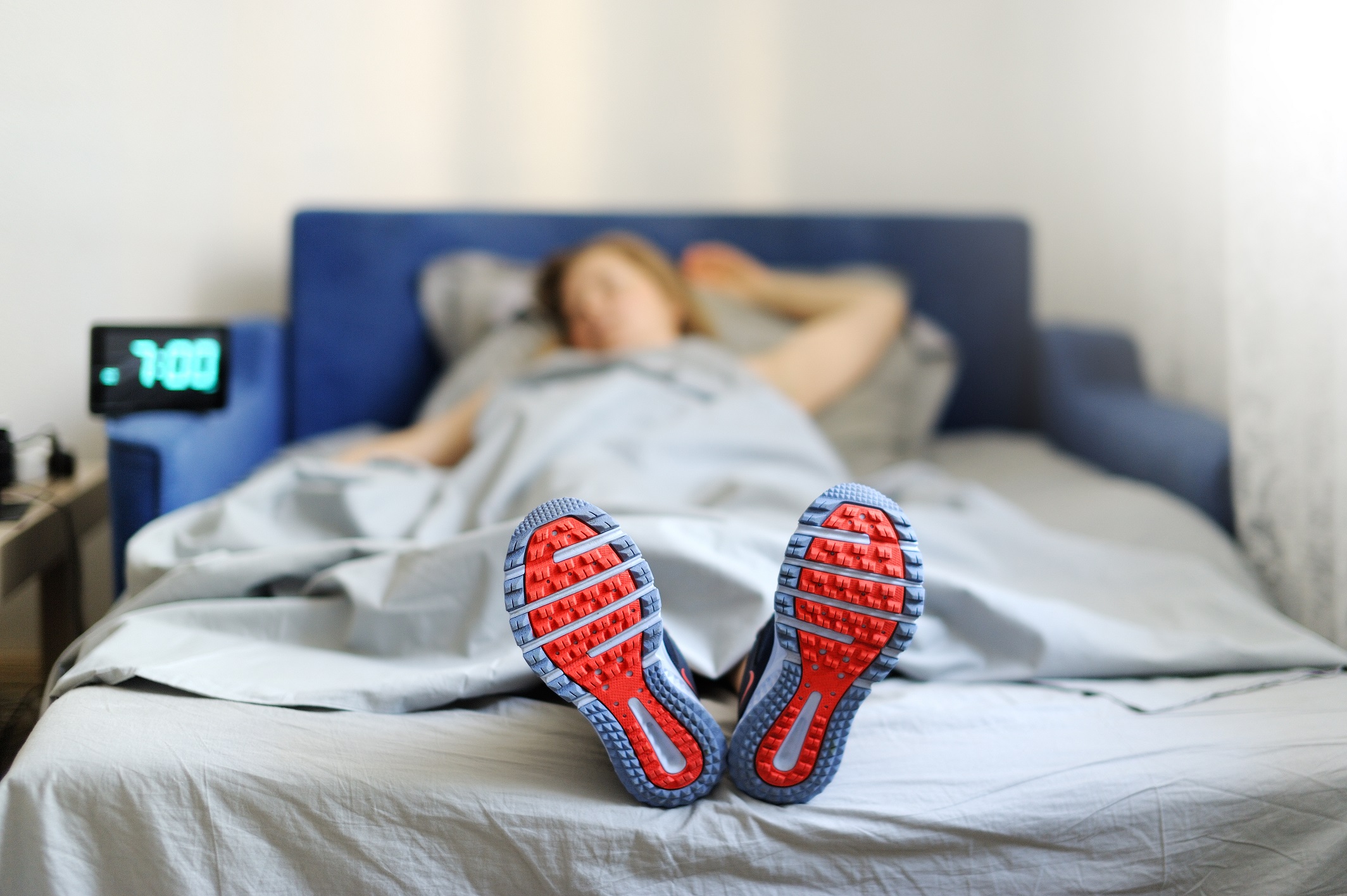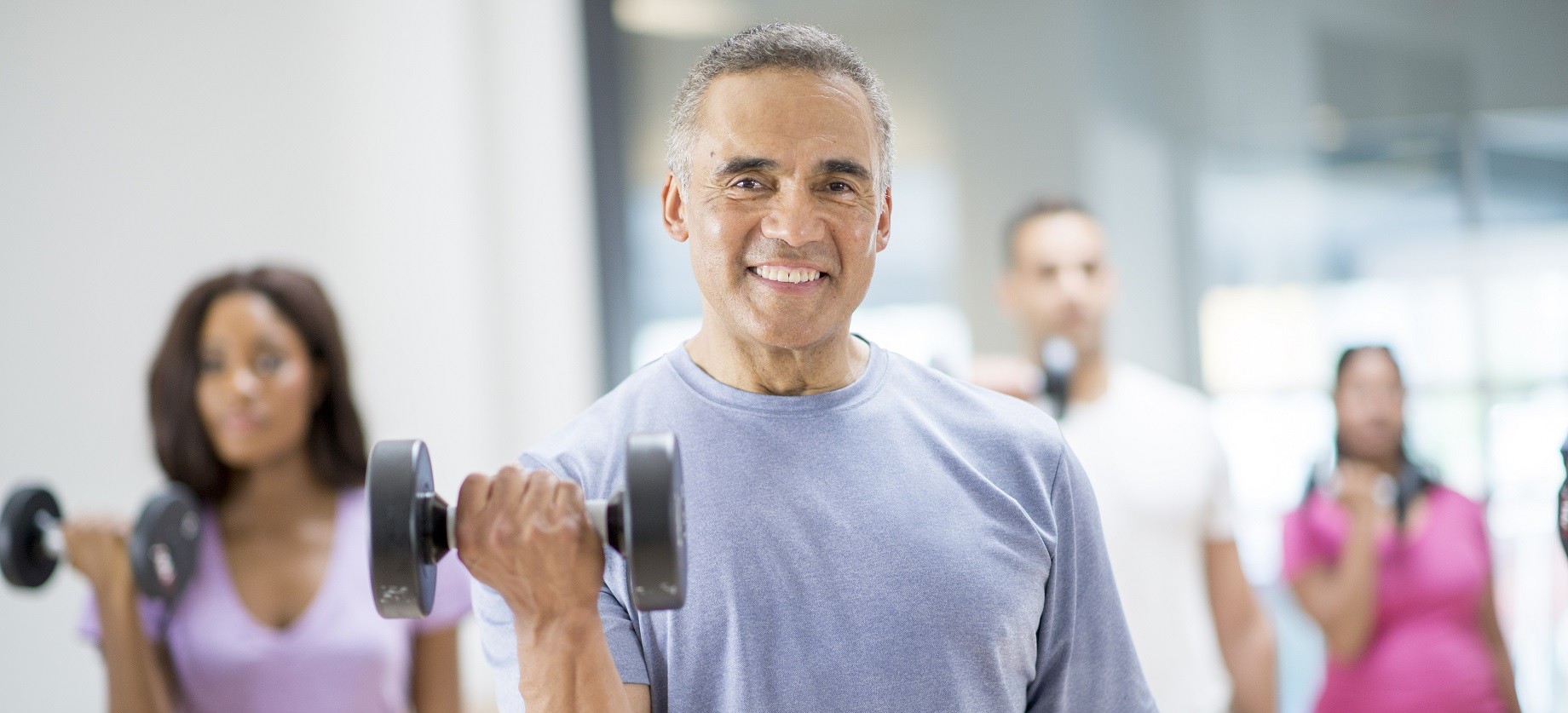Busy school run, long commutes, deadlines to meet, urgent emails just a click away, all whilst trying to keep the family running – modern life is somewhat hectic and full of stress.
In 2015/16 there were 11.7 million working days lost to stress in the UK, which accounted for 37% of all work related ill health. Stress is serious: it is also an inevitable part of life and it’s increasingly something that affects children as well as adults. Young Minds, the children’s mental health charity, says nearly one million children aged between five and 15 suffer from problems such as anxiety and stress.
The stress reaction is our body’s natural response to too much mental, physical and/or emotional pressure. However, that does not mean we have to let it adversely affect our lives. It is impossible to eliminate all stress, but we can learn to manage it – and one of the best ways to help us deal with stress is to get active.
We often see people coming to sessions in a bit of a fluster, however, after a getting their body moving, their shoulders drop, they frown less and they leave feeling a little more relaxed. In fact, of all the well-known coping techniques for stress, exercise is one that is frequently recommended by health care professionals.
Exercising body and mind
We all know exercise is good for our overall health, but what many of us don’t realise is that exercise is also good for our brain – exercise is vital for maintaining mental fitness, and in helping us relax and unwind. Studies show that exercise is effective in helping to reduce fatigue, improve concentration, boost alertness and enhance your brain’s general function.
At a basic level, exercise increases your overall health and sense of wellbeing, which will help your general mood, but exercise does a lot more:
It’s meditative – regular, repetitive movements help to relax you, as does focusing on one single task – swim lengths, pound the treadmill or concentrate on a certain set of movements and you’ll soon find you’ve forgotten the day’s stresses.
It gives you the feel-good factor – physical activity encourages the production of endorphins, the brain’s ‘happy chemicals’. People often talk of the ‘runner’s high’, but this can be achieved through any moderate exercise (i.e. any activity that makes your heart beat harder, increases your breathing rate and makes you feel warmer).
It’s a painkiller – endorphins aren’t just happy hormones, they also act as the body’s natural painkillers; regular movement will help soothe any stress that manifests as aches and pains.
It helps you sleep well – the hormones released by regular exercise help to improve your sleep, which is often disrupted by stress, depression and anxiety.

It’s a brain-booster – according to Yale Stress Centre stress can atrophy the brain; which is why we forget stuff when we’re stressed. But raising your heart rate has been proven to reverse the damage caused by stressful events.
It helps you connect – most exercise requires us to leave our house and many of us will exercise with a friend, at a gym or in a class; this helps us to connect to the wider world. Connecting and socialising is one of the five ways to wellbeing – talking, sharing and socialising helps us to destress.
And, it’s good news – any form of exercise is good for the brain and will be a good stress reliever. Running, working out, swimming, tennis, yoga or even a brisk walk round the block all helps towards stress management. It’s about finding the right stress reliever for you.
Get started, stop stressing
There are many ways to exercise, which means there are many ways to help beat stress. Some people find that slow, meditative movements, like those associated with yoga, help them to stop worrying and to feel calmer. Others need fast, dynamic sessions that require a lot of repetitive movement, like spinning or body pump, to help them forget the worries of the day.
Whatever you do, moving more will help you deal with stress better. The Government recommends 150 minutes of moderate exercise a week for an adult, an hour a day for those under 18 – but any increased level of movement will help.
A great place to start is your local sports centre or gym – they can advise you on the type of exercise they think will suit your current level of fitness and the type of things you’ll enjoy doing. Your local community centre, park and even some schools may also have classes you can attend after work.
To make it easier, start exercising gently if you’re not used to moving a lot, and build up the amount of time and the intensity of your workout. Exercising with a friend can also make getting active easier, and having someone to talk to is a great way to share the day’s anxieties and get support for what’s worrying you.
If you feel like you’re too busy to go to exercise after work, why not ditch the car and walk/cycle to the office? Or encourage your colleagues to take a walk (or even run) at lunchtime? You could even exercise in front of the TV when the kids have gone to bed! Just switching off and concentrating on moving our bodies for ten minutes will help.
Don’t get stressed, get moving!

